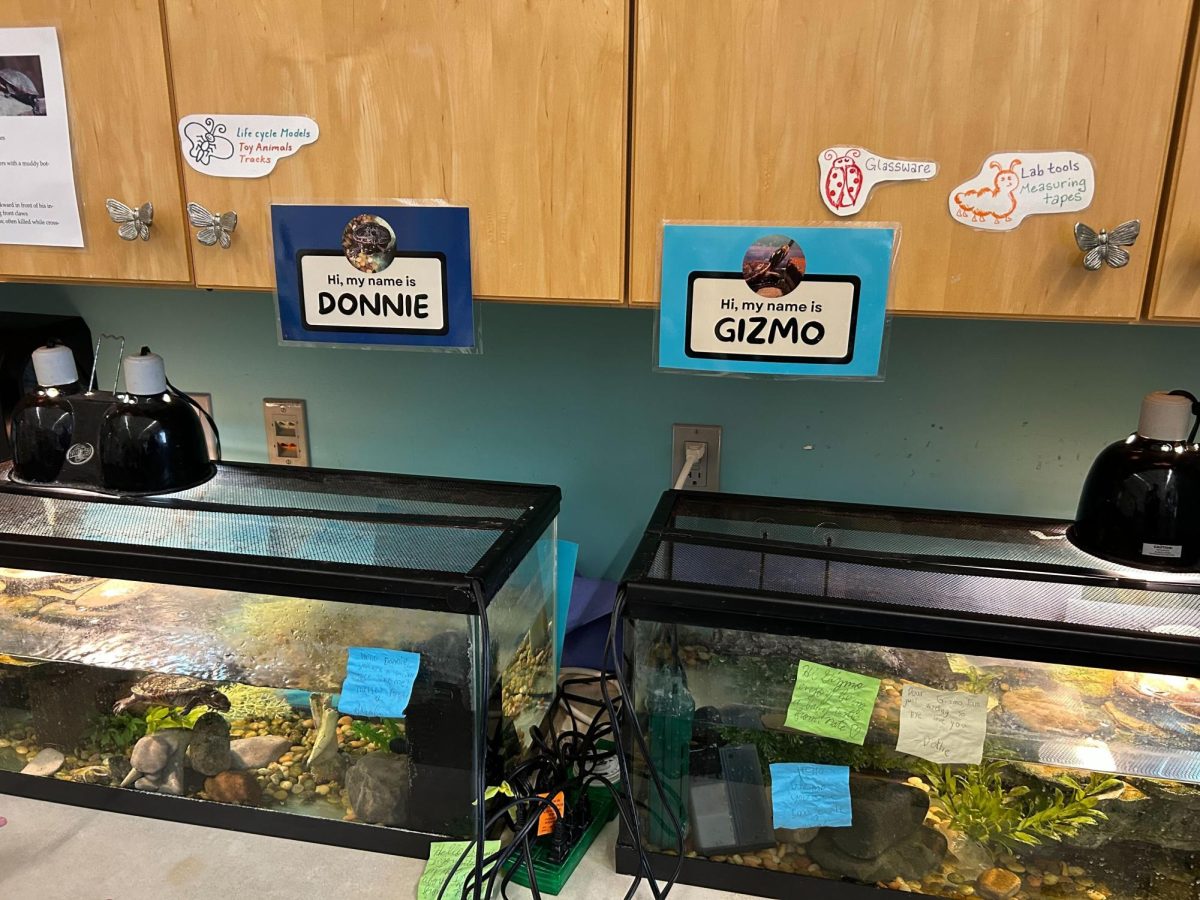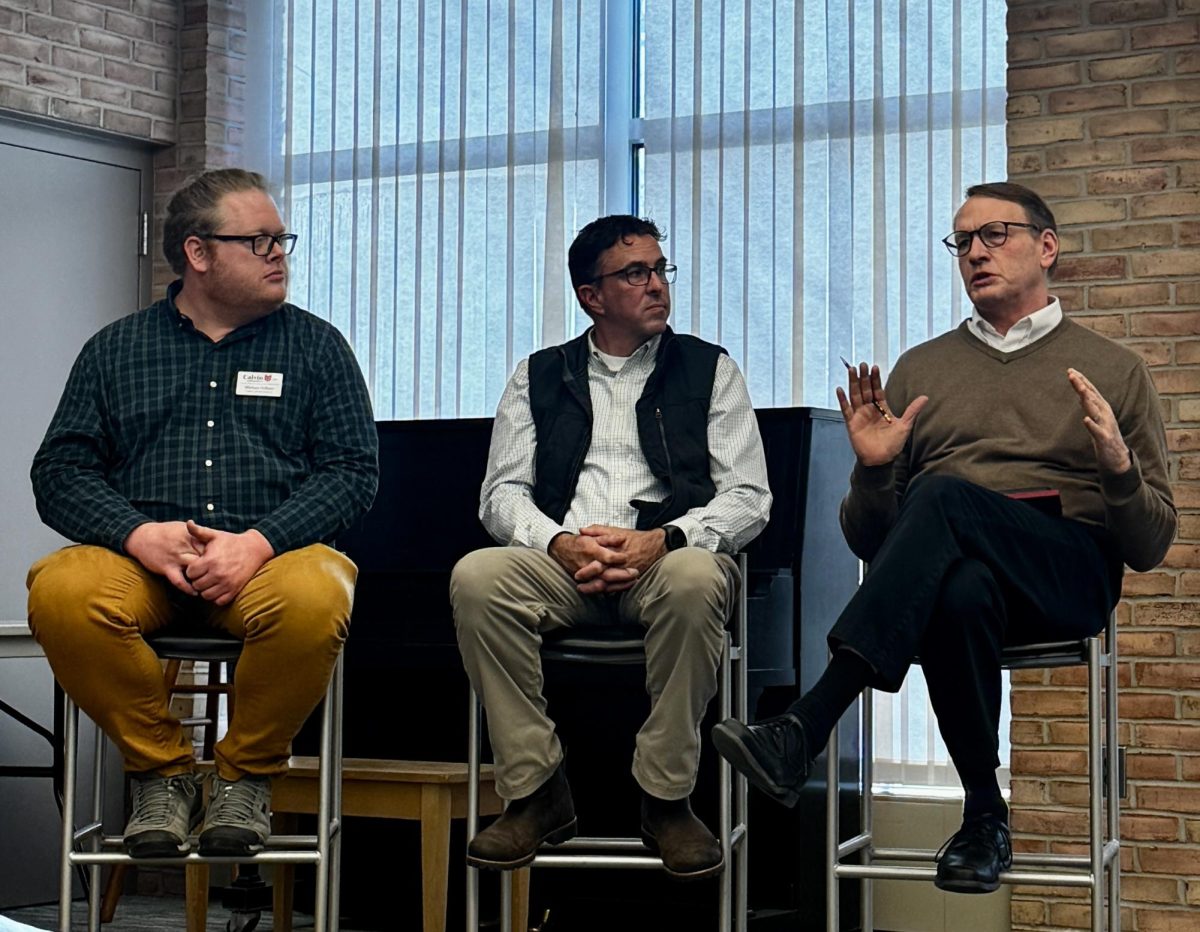A recent study published in “Psychological Science” recommends students take a step back from their laptops — at least in the classroom. The study’s findings suggest that taking notes with pen and paper improves comprehension and long-term memory when compared with taking notes on a laptop computer.
The study’s lead author, psychological scientist Pam Mueller, was motivated to conduct tests following her own pen and paper note taking conversion.
Mueller reported that, in the course of her graduate teaching assistant work, she switched to jotting notes sans keyboard. Her research was prompted by her intuition that she’d “gotten so much more out of the lecture that day.”
To test this hunch, Mueller and her fellow researchers had 65 college students watch a TED talk on a topic that was not general knowledge, but was nonetheless intriguing.
The students watched in small groups, taking notes either on notebooks or internet-disabled laptops. The two groups scored equally well on fact-recollection questions after watching the lecture, but the notebook users performed better on concept and application questions.
“Our new findings,” Mueller says, “suggest that even when laptops are used as intended — and not for buying things on Amazon during class — they may still be harming academic performance.”
The researchers also compared the contents of the notes, finding that laptop users’ notes more closely represented the precise word-for-word content of the lecture, while notebook users’ notes contained less verbatim overlap.
The efficiency of note taking is suggested to improve when the lecture is not copied verbatim, even though this method tends to reduce the total content recorded.
“It may be that longhand note takers engage in more processing than laptop note takers, thus selecting more important information to include in their notes, which enables them to study this content more efficiently,” the researchers suggest.
The effect held up when recall was tested over a longer period as well. The students were permitted to review their notes one week after the initial study, in preparation for a second recall test.
The students who had taken notes longhand once more outperformed the laptop note takers. The verbatim overlap was again suggested to be a contributor to the difference seen from the first test to the second.
Despite the results, Mueller does not anticipate “a mass of people switching back to notebooks.” She does, however, see a potential for stylus technologies that would combine the strategies and allow students to “have an electronic record of [their] notes, while also having the benefit of being forced to process information as it comes in, rather than mindlessly transcribing it.”









